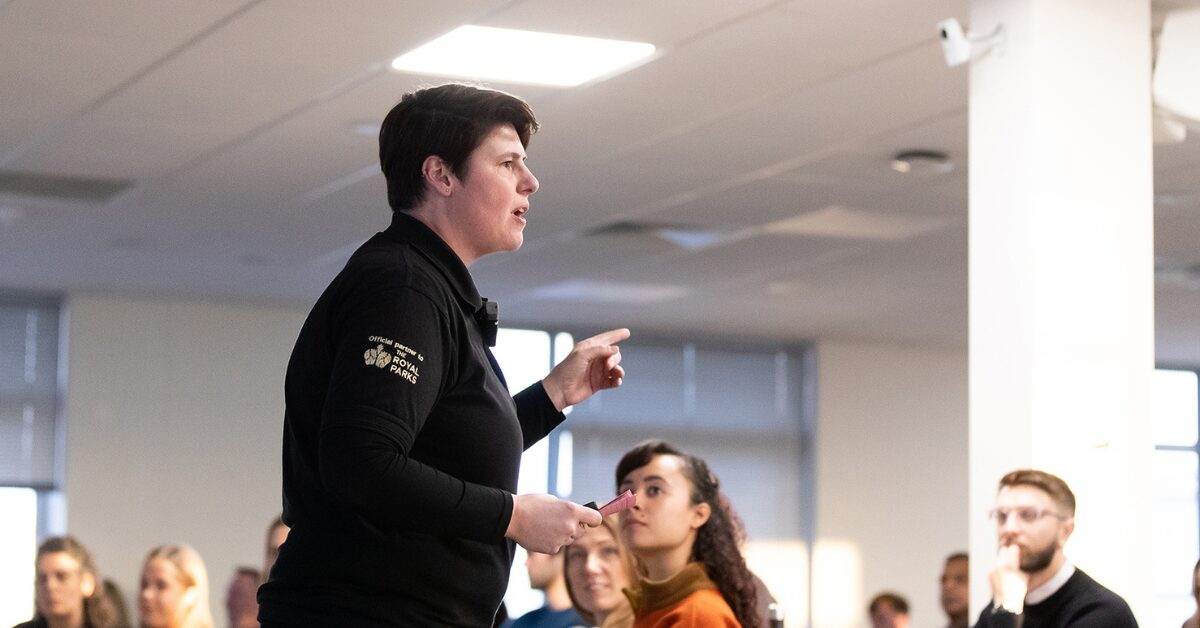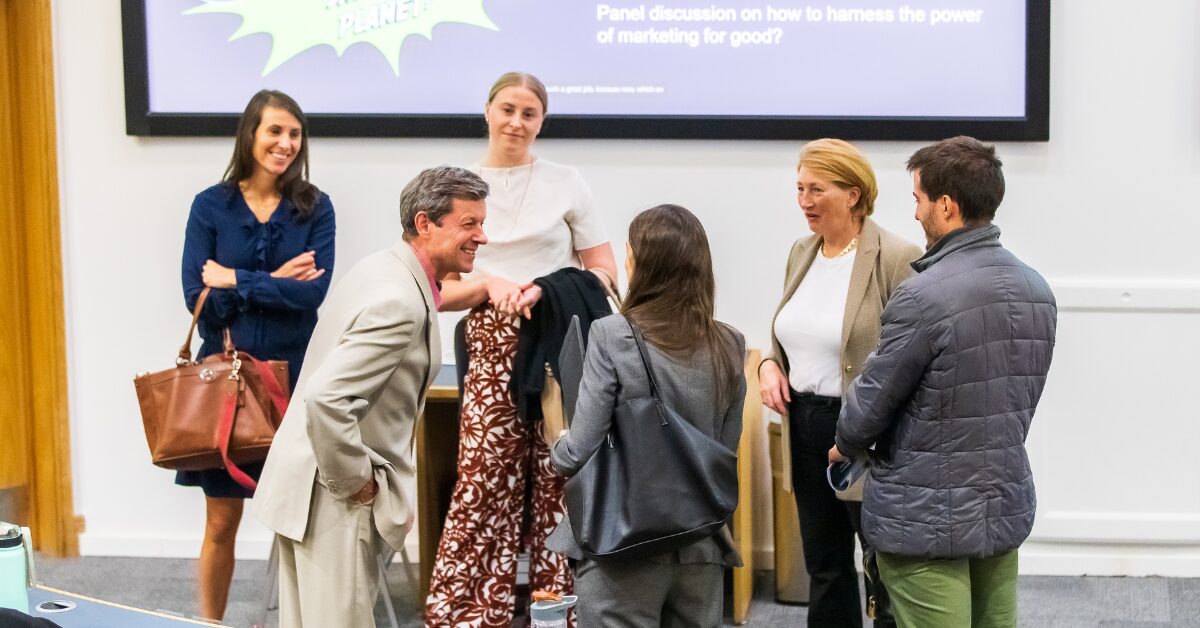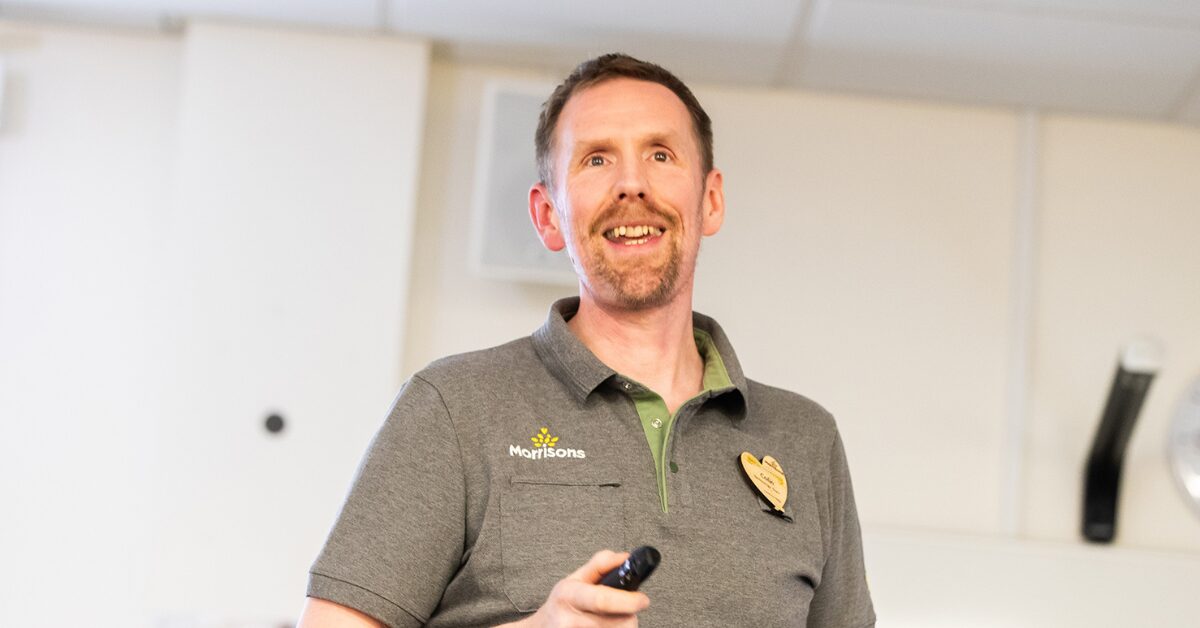Day one of the Study Tour: Charoen Pokphand Food PCL
08/05/2018
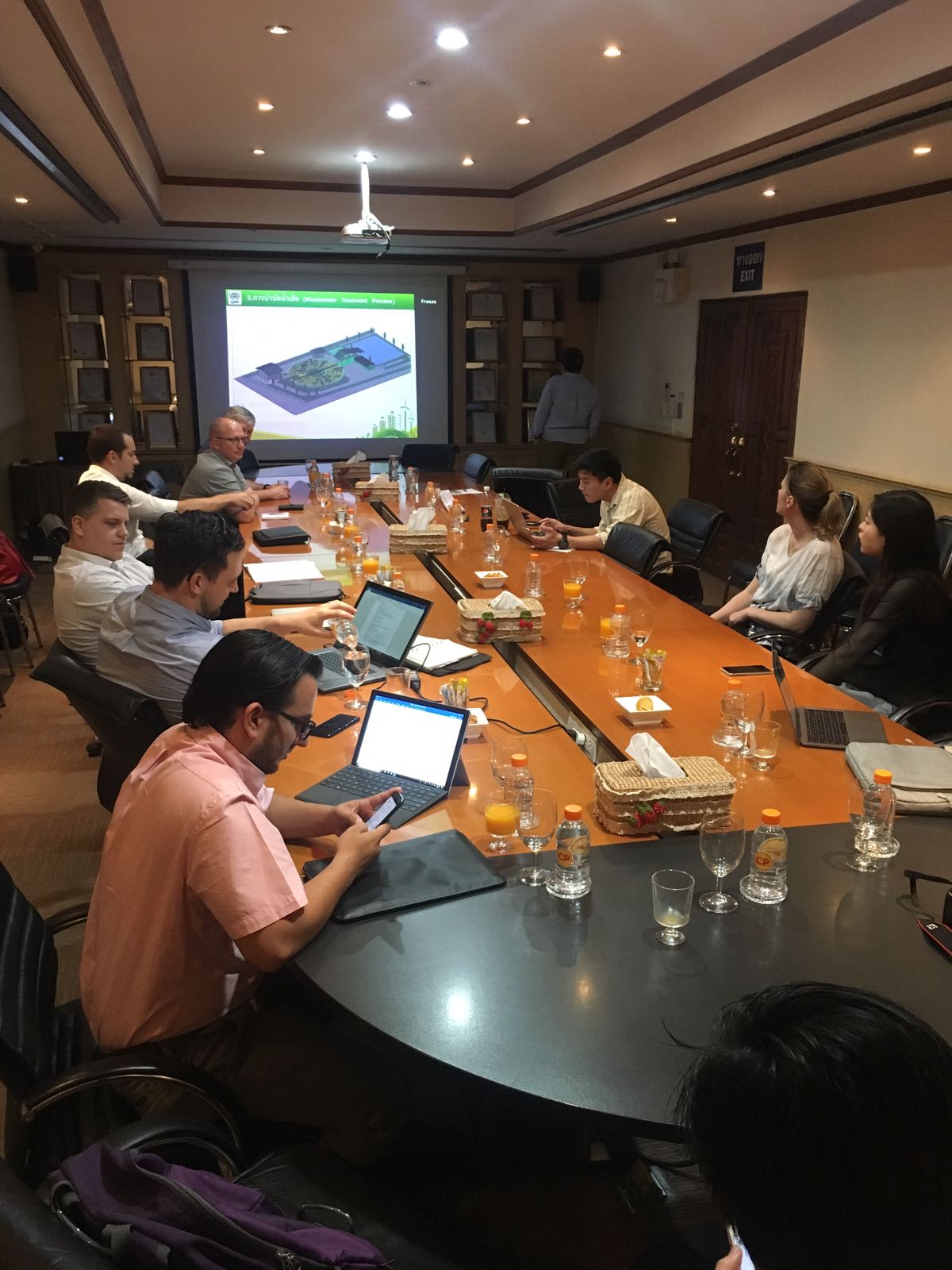
Study Tour Blog – Charoen Pokphand Food PCL
Day one of the international study tour in Thailand got off to a stormy beginning with torrential rain and thunderstorms. The clouds soon parted and jet lag was obliterated with copious amounts of caffeine.
First stop of the tour was to the processing factory of Charoen Pokphand Food PCL (Public Company Limited). A leading food producer supplying chicken to markets across the world. With the largest portions of its consumer base coming from the UK and Japan and providing produce to market leading restaurants such as KFC. We were given a warm welcome by the pleasant team at the facility a short distance from Bangkok led by Aekkarat Boonnoon who is the General Manager of Business Process improvement.
After some introductions, we were delivered an informational video detailing the operations. The supply chain is fully vertically integrated stretching back to produce of feed for the broliers (chicks in farms), breeding, slaughterhouses, process manufacturing and distribution centres, the reason for the full integration of the supply chain is to ensure full quality control and safety in its products. This strategy reduces risks in the supply chain by standardising processes across the board and ensuring consistency throughout its operations.
CPF does not manage all of the breeding capacity independently so therefore sub-contract some of the farming operations to third parties. While this might seem risky from a quality perspective they ensure this by requiring third party farmers to breed the chickens according to CPF standards and using CPF feed products.
In the production facility, we visited, there were some frightening figures around the quantity throughput of livestock that left some of the group scratching their heads. After 42 days of bulking, when the chickens reach optimum weight, they enter the slaughter house where DAILY, 230,000 chickens meet their demise ready for the production line. They are then dipped into zero-degree temperature treated water to avoid bacterial growth and readied for processing. The facility offers multiple cooking methods for the chicken including grilled, steamed and roasted with chosen marinade as required by the end customer or according to CPF’s own product range. The semi-automated factory has a workforce that keep high levels of quality control by consistently checking every product per activity including metal detection for foreign particles. The whole operation is supported by an on-site water treatment facility, where the waste water is chemically treated and put through various pools and grease traps before being released into the local water stream at cleaner level than the water already in there!
Following on from the tour and presentation we were treated to some fine local cuisine of Pad Thai and what we can only assume is CPF’s own chicken! Overall a great start to the tour and an eye-opening insight to the food supply chain in Thailand.
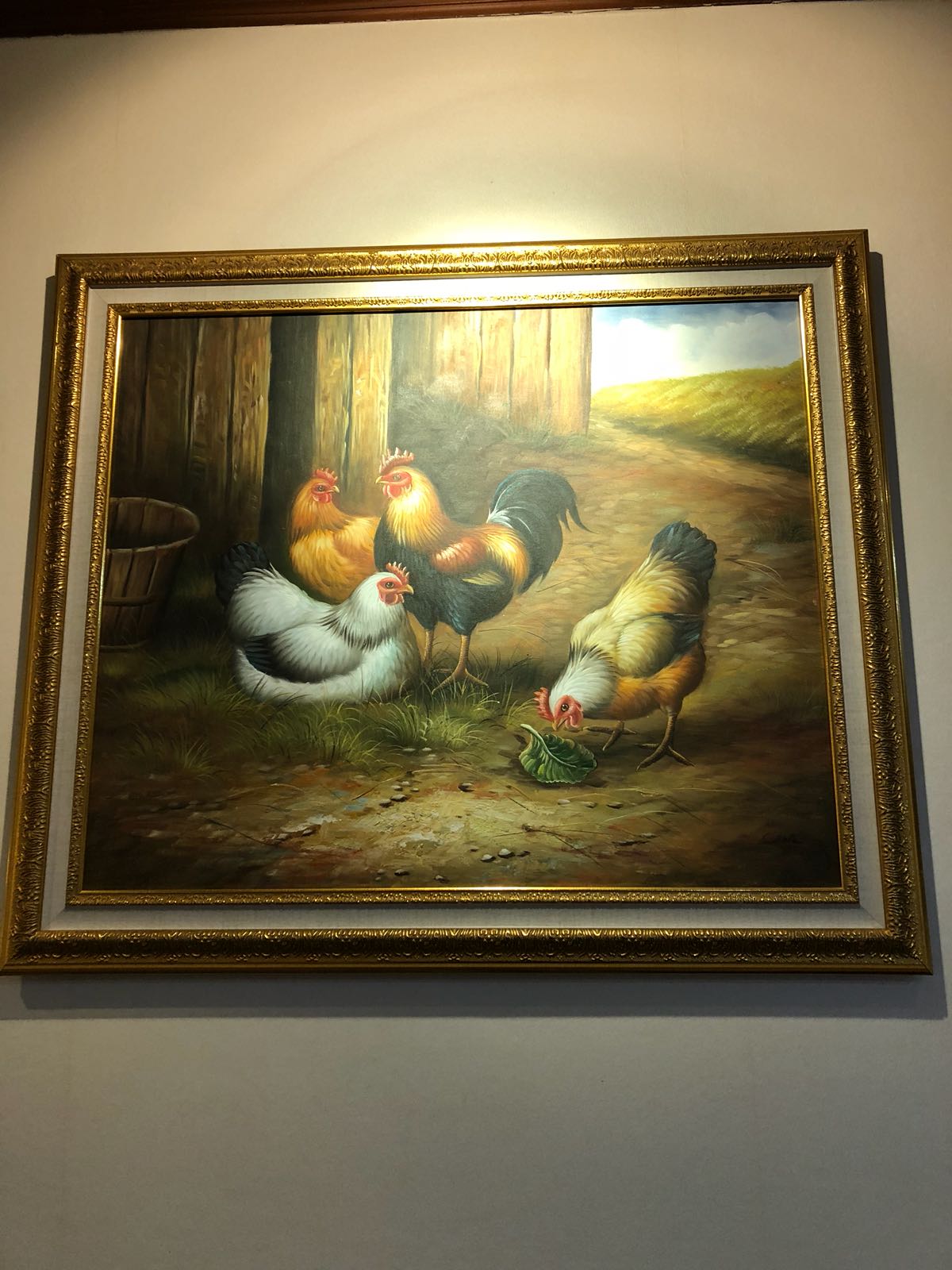
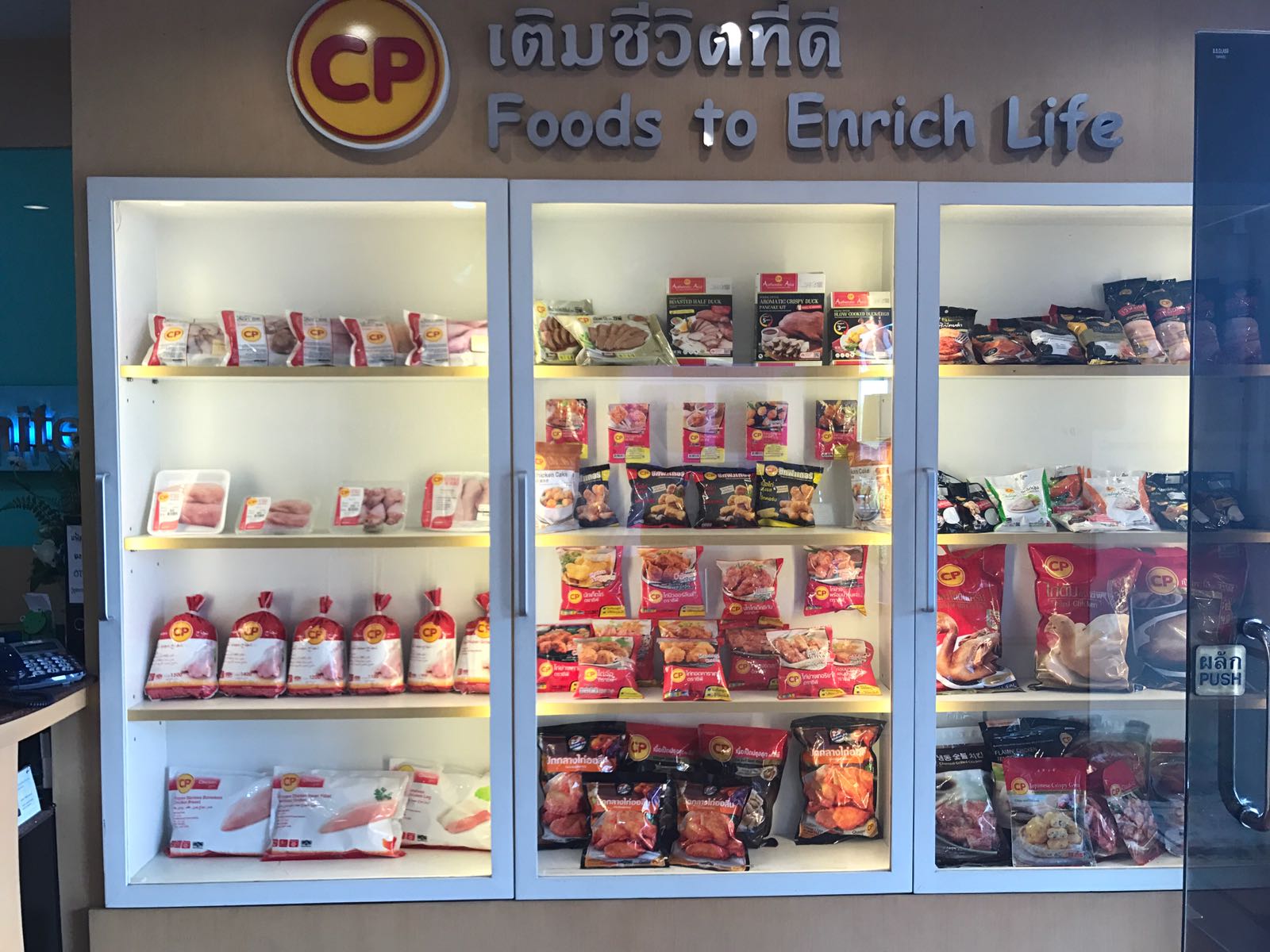
Categories & Tags:
Leave a comment on this post:
You might also like…
Sustainability by royal request: Managing an event fit for a King
The Coronation of King Charles III on May 6th 2023, was watched by millions of people around the world with tens of thousands of people travelling to Central London to witness the pageantry firsthand. ...
Getting started on your Master’s thesis
Please note: This post is intended to provide advice to all students undertaking a thesis in the Schools of Aerospace, Transport and Manufacturing; Water, Energy and Environment, and Defence and Security. There is separate advice ...
Finding your tribe: “Joining the sustainability community was the best decision”
For students on Cranfield’s Sustainability Business Specialist Apprenticeship, community and camaraderie is a vital component for success. Designed in consultation with industry, the part-time Level 7 apprenticeship aims to deepen participants’ knowledge of the ...
“My sustainability studies gave me the confidence to take on Amazon”
Not everyone would have the confidence to challenge a big global power like Amazon but, for Colin Featherstone, Senior Technology Manager and Tech Sustainability Lead at Morrisons, his Cranfield studies equipped him with the ...
My Apprenticeship Journey – Broadening Horizons
Laura, Senior Systems Engineer at a leading aircraft manufacturing company, joined Cranfield on the Systems Engineering Master’s Apprenticeship after initially considering taking a year off from her role to complete an MSc. Apprenticeship over MSc? ...
The Library app is back!
The Library app is back! It's exactly the same as before (although it will get a fresh look in a few months) and if you hadn't removed it from an existing device it should just ...

